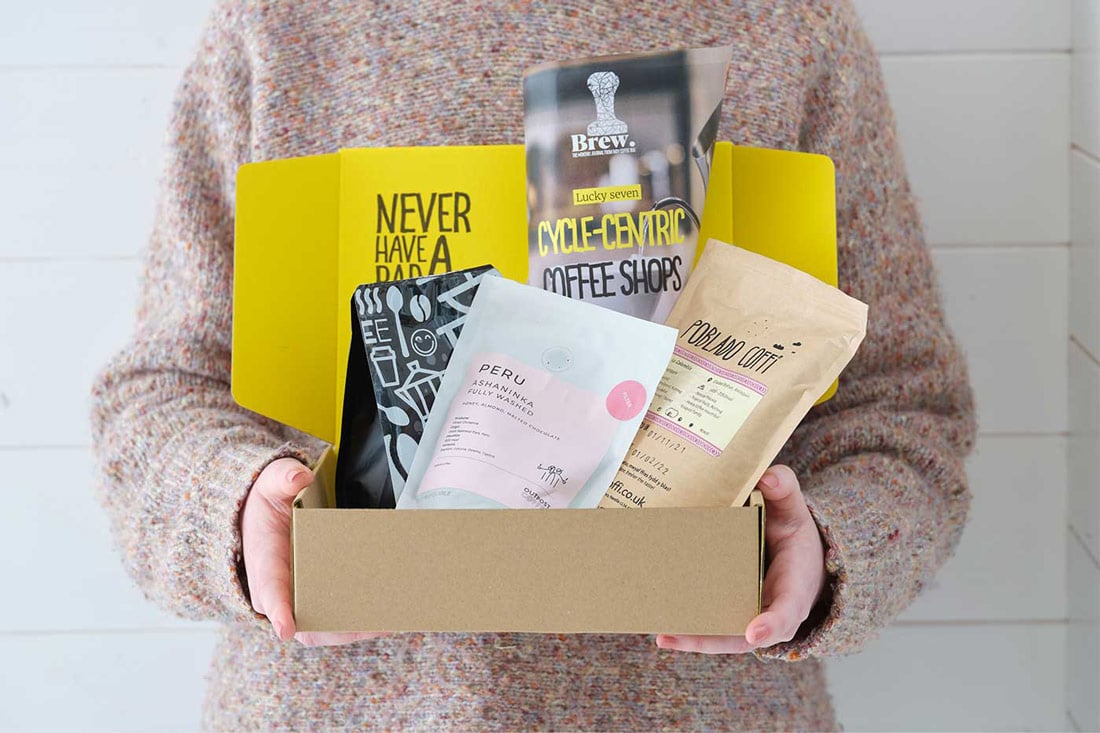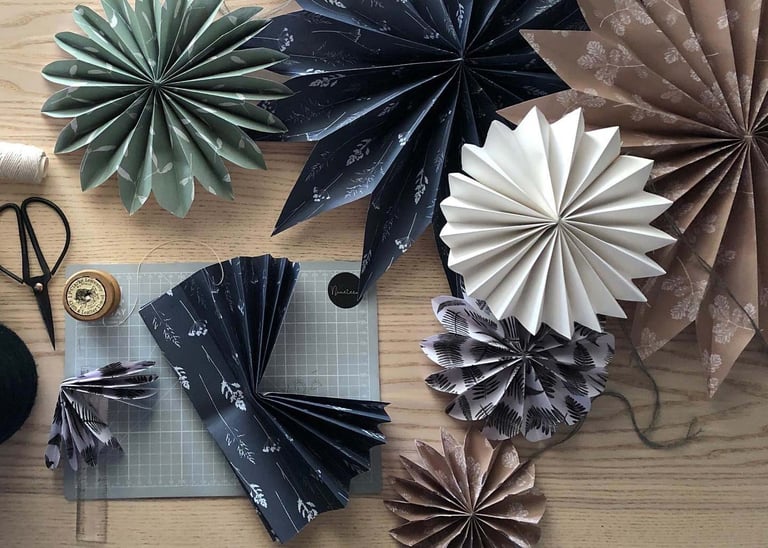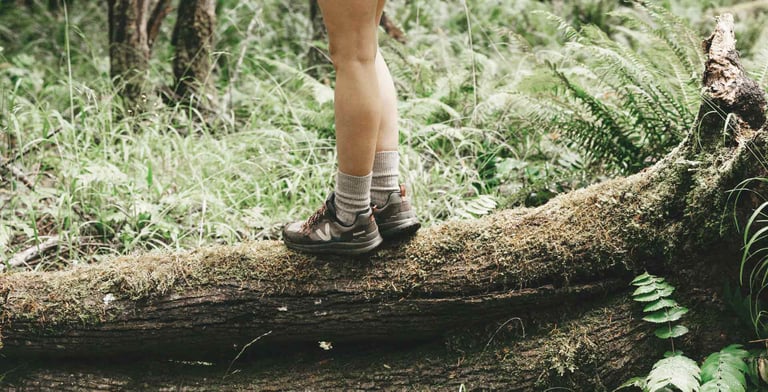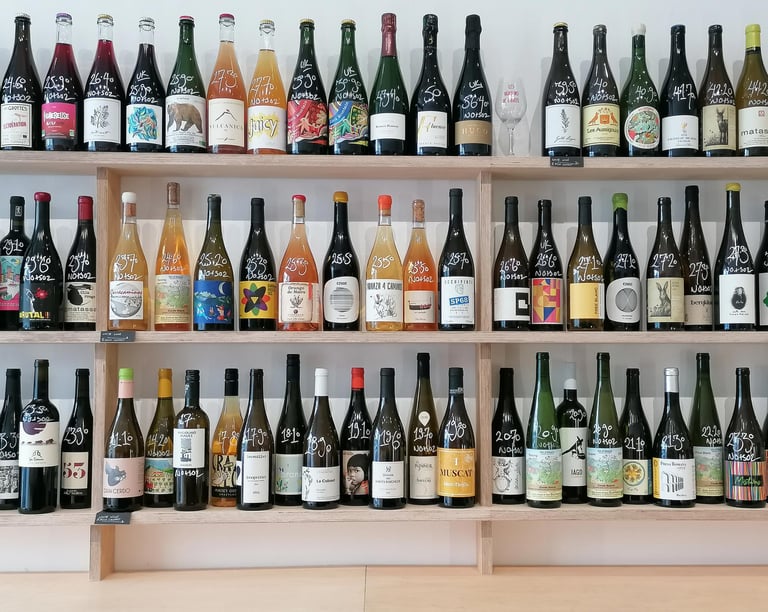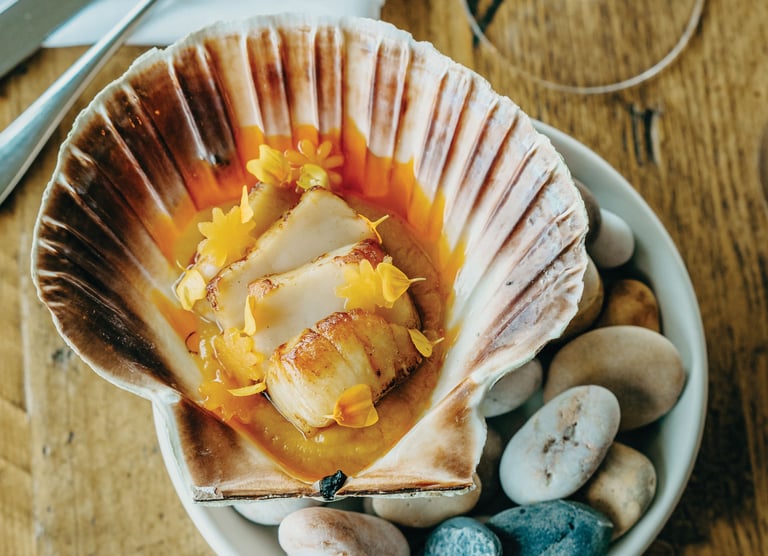A kitchen isn’t complete without a stash of speciality coffee beans. After all, life is too short for bad coffee
While coffee is commonly found in every kitchen, speciality coffee beans offer a completely different and superior taste. Today, coffee fans take pride in successfully creating barista-standard coffee in their own home.
If you’re keen on the quality of your coffee you should look for small, independent roasters that source their beans from familiar coffee-growing countries such as Brazil, Colombia, Kenya and Ethiopia. However, more recently, top-notch coffee is also being produced in countries less well-known for speciality coffee such as India, Thailand and China. Regardless of the country of origin, one thing is certain – speciality coffee grown in ideal conditions, farmed with care and roasted with skill is inarguably more flavourful and delicious than bland or bitter supermarket coffee. Here are some ways you can guarantee a perfect cup.
Espresso coffee
Use a good espresso machine. The most popular home models are semi-automatic and automatic machines, which use steam pressure and either a pump or a spring to force the water through the coffee grounds. Super-automatic espresso machines do everything automatically: they grind the beans, do all of the measurements, tamp down the coffee and even discard used grounds after each shot. Manual machines require you to grind the beans, tamp and pull the shot which can be a tricky process, but is worth perfecting. For an espresso coffee, you need a relatively fine grind that allows the water to flow quickly through the coffee, but not so fast that it doesn’t have time to extract all of those lovely flavours. A time of around 20-25 seconds is a good starting point.
Filter coffee
There are many ways of making a cup of filter coffee, but grinding your own fresh beans is essential. We recommend using a burr grinder which gives you a more consistent grind than a blade grinder. You’ll also need a cafetiere, percolator Aeropress, Hario V60 or similar coffee brewer. We recommend using 1g of ground coffee per 18ml (1 fluid ounce) of water. This will give you a strength that’s similar to an espresso shot. A standard cafetiere holds around 500ml of water, so you’ll need around 28g (1 oz) of ground coffee to take it to full capacity. This will make about 4 cups of strong filter coffee.
The right beans
The specialty coffee industry is booming and the number of speciality coffee roasters growing rapidly. To understand what makes speciality coffee so special, it’s important to know how it’s defined. The Speciality Coffee Association (SCA) defines specialty coffee as high-quality green coffee beans that have scored 80 points or above on a 100 point scale. It’s also important to mention that speciality coffee is not the same thing as organic coffee. Organic certified means that the beans are grown without using any synthetic chemicals or pesticides during their growth cycle.
Just as a glass of wine will taste different depending on the grape it was made from, the region where the grapes were grown and how it was processed will affect a coffee’s flavour. Specialty coffee beans are ones that have a rating of 80 or above on a 100-point scale. These beans are usually grown in special, ideal conditions such as high altitudes and tropical climates. Specialty coffees are often called direct-trade coffees because they come directly from the farmer.
Make sure it’s fresh
Why use freshly roasted coffee? Coffee is at its best between two and 12 days after roasting, when the carbon dioxide in the beans has had time to escape and you get the full flavour from the beans. Freshly roasted coffee also contains less caffeine than old, stale beans.
Grinder
If you don’t have your own grinder then we highly recommend investing in one as this will drastically improve the taste and quality of your coffee. The best type of grinder to buy is a burr grinder as this grinds the coffee consistently, giving you the best tasting coffee. You can get electric and manual coffee grinders.
